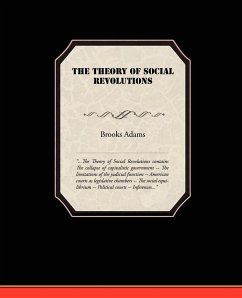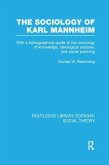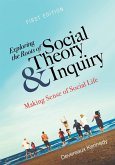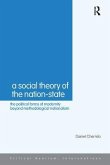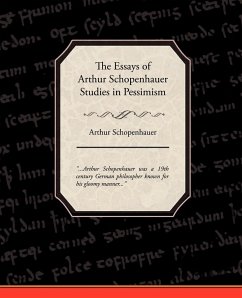The Theory of Social Revolutions contains The collapse of capitalistic government -- The limitations of the judicial function -- American courts as legislative chambers -- The social equilibrium -- Political courts -- Inferences. This work begins, "Civilization, I apprehend, is nearly synonymous with order. However much we may differ touching such matters as the distribution of property, the domestic relations, the law of inheritance and the like, most of us, I should suppose, would agree that without order civilization, as we understand it, cannot exist. Now, although the optimist contends that, since man cannot foresee the future, worry about the future is futile, and that everything, in the best possible of worlds, is inevitably for the best, I think it clear that within recent years an uneasy suspicion has come into being that the principle of authority has been dangerously impaired, and that the social system, if it is to cohere, must be reorganized. So far as my observation has extended, such intuitions are usually not without an adequate cause, and if there be reason for anxiety anywhere, it surely should be in the United States, with its unwieldy bulk, its heterogeneous population, and its complex government. Therefore, I submit, that an hour may not be quite wasted which is passed in considering some of the recent phenomena which have appeared about us, in order to ascertain if they can be grouped together in any comprehensible relation."
Hinweis: Dieser Artikel kann nur an eine deutsche Lieferadresse ausgeliefert werden.
Hinweis: Dieser Artikel kann nur an eine deutsche Lieferadresse ausgeliefert werden.

